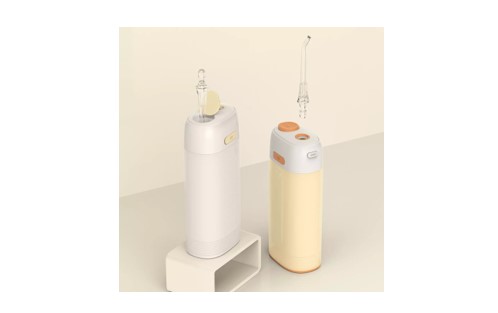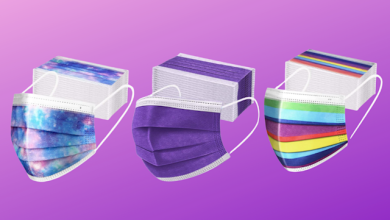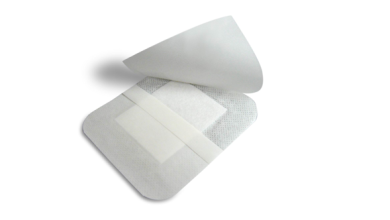Health
Common Mistakes that You should Avoid When Using Travel Water Flossers

Travel water flossers are a convenient and effective way to maintain good oral hygiene while on the go. However, there are common mistakes that people make when using them that can compromise their effectiveness.
Common Mistakes When Using Travel Water Flossers:
- Using Too Much Pressure: Another common mistake is using too much pressure. High pressure can damage your gums and cause discomfort.
- Not Cleaning the Nozzle: Failing to clean the nozzle after each use can cause bacteria to build up, leading to unpleasant odors and potential infections.
- Rushing: Some individuals tend to rush when using a water flosser, which can lead to incomplete cleaning of teeth and gums.
- Not Replacing Tips: Over time, water flosser tips can become worn or damaged, reducing their effectiveness. Not replacing them can lead to ineffective cleaning.
Tips for Using Travel Water Flossers:
- Fill the Reservoir Correctly: Always fill the reservoir with enough water to complete your cleaning routine. Follow the manufacturer’s guidelines regarding the maximum fill line.
- Gradually Increase the Pressure: Start with the lowest pressure setting and gradually increase as needed. Avoid using high pressure settings as it can cause discomfort and even harm your gums.
- Proper Nozzle Placement: Hold the nozzle perpendicular to the gum line and move it slowly along the line. Aim the nozzle at the gum line and work your way to the front.
- Clean the Device Regularly: After each use, disassemble the device and rinse all components under running water. Dry the device thoroughly before reassembling.
Conclusion
Travel water flossers are an effective and convenient tool for maintaining good oral hygiene while on the go. However, even with their benefits, mistakes can be made that could reduce their effectiveness. By following these tips and avoiding common mistakes, you can ensure that your travel water flosser is working effectively to improve your oral health.





